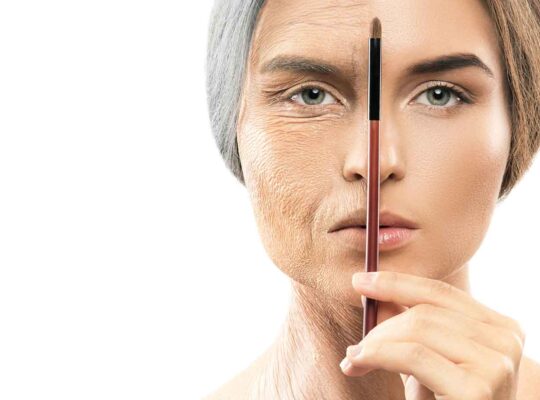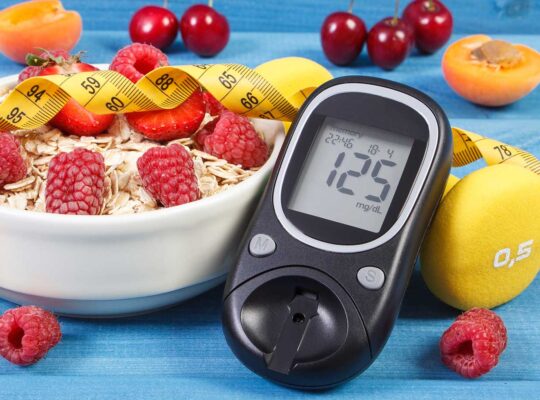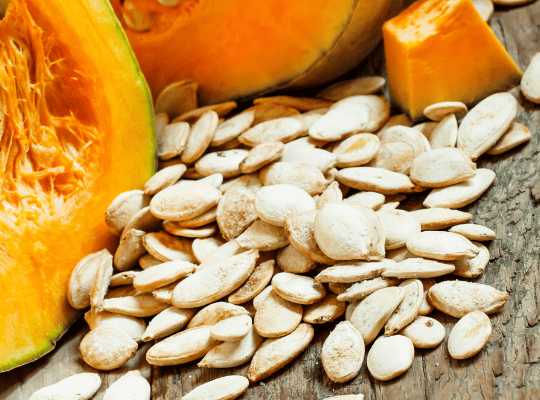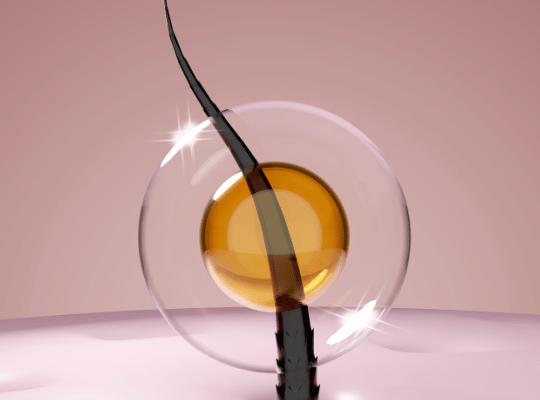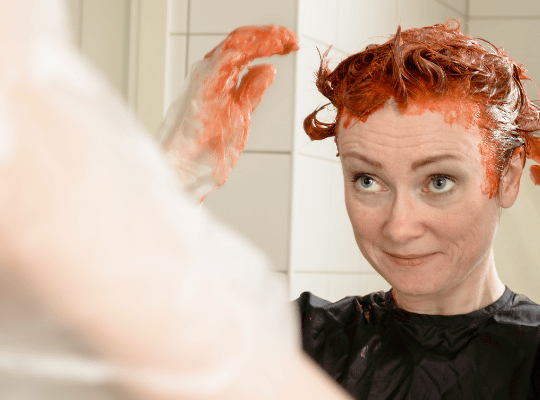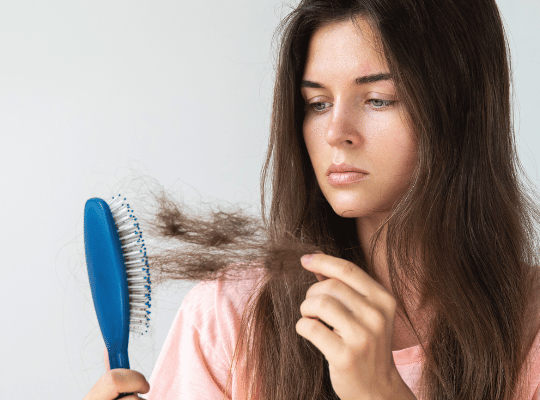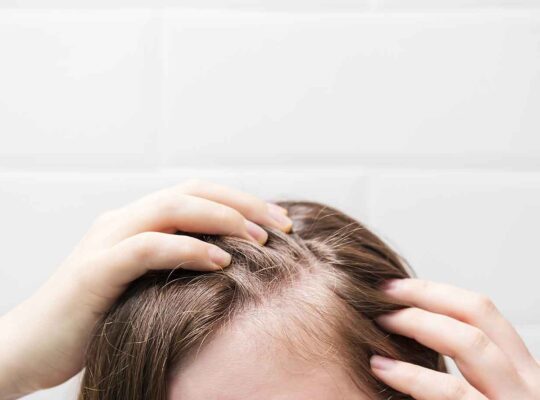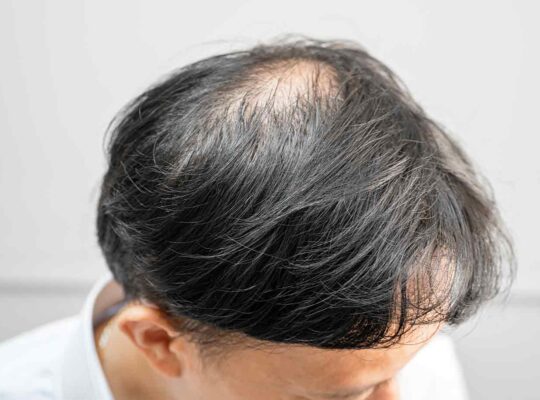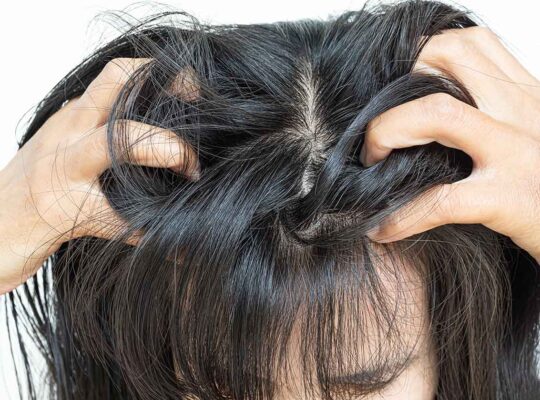Hair Loss Is Caused by What Deficiency of Vitamins?
Are you noticing more hair in your brush or on your pillow than usual? Hair loss is a common concern for many people, and it can be alarming when you start losing more hair than usual. While there are various reasons for hair loss, from genetics to stress, one key factor that often gets overlooked is vitamin deficiency. Believe it or not, the vitamins in your diet play a vital role in maintaining healthy hair. In this article, we’ll explore how certain vitamin deficiencies can lead to hair loss and what you can do to keep your hair healthy and strong.
The Vital Role of Vitamins in Hair Health
How Do Vitamins Contribute to Hair Growth and Maintenance?
Your hair, like the rest of your body, relies on a range of nutrients to grow and stay healthy. Vitamins are essential for a number of bodily functions, including the growth and maintenance of hair. They support the production of red blood cells, which carry oxygen and nutrients to your scalp and hair follicles. Additionally, certain vitamins help with the production of collagen, a protein that strengthens hair and keeps it from breaking. Without adequate levels of these important vitamins, your hair can become weak, brittle, and more prone to falling out.
Overview of Key Vitamins Involved in Hair Health
Some of the most important vitamins for hair health include:
- Vitamin D: Essential for stimulating hair follicles.
- Vitamin B12: Crucial for cell division and hair growth.
- Iron (Ferritin): Necessary for delivering oxygen to hair follicles.
- Zinc: Aids in protein synthesis and cell division.
- Vitamin C: Important for collagen production and maintaining strong hair.
Let’s take a closer look at how deficiencies in these vitamins can lead to hair loss.
Vitamin Deficiencies Associated with Hair Loss
Vitamin D Deficiency
How Does Vitamin D Affect Hair?
Vitamin D plays a significant role in the hair growth cycle. It helps to create new hair follicles, which are the tiny pores from which new hairs grow. When your body lacks enough vitamin D, your hair’s growth cycle can be disrupted, leading to slower hair growth and thinning hair.
Prevalence of Vitamin D Deficiency
Vitamin D deficiency is quite common, especially in areas with less sunlight exposure. Your body produces vitamin D when your skin is exposed to sunlight, but if you spend most of your time indoors or live in a place with long winters, you might not be getting enough. This deficiency has been linked to various types of hair loss, including androgenetic alopecia, which is a common form of hair loss in both men and women.
Vitamin B12 Deficiency
The Role of Vitamin B12 in Hair Growth
Vitamin B12 is essential for the production of red blood cells, which carry oxygen to your hair follicles. It also supports cell division and DNA production, which are crucial for hair growth. When your body doesn’t get enough B12, it can lead to hair loss because your hair cells aren’t getting the nutrients they need to grow.
Connection to Hair Loss, Especially During Pregnancy
Vitamin B12 deficiency is particularly concerning during pregnancy because the developing baby uses up a lot of nutrients, including B12. If a pregnant woman isn’t getting enough B12, she might experience significant hair loss. This type of hair loss can sometimes be mistaken for normal postpartum shedding, but it’s important to address the deficiency to ensure hair regrowth.
Iron Deficiency (Ferritin)
Why Is Iron Important for Hair Growth?
Iron is critical for hair growth because it helps red blood cells carry oxygen to your hair follicles. Without enough iron, your body can’t produce enough hemoglobin in your blood, which means your hair follicles aren’t getting the oxygen they need to thrive. This can lead to excessive hair shedding and noticeable thinning.
The Relationship Between Low Ferritin Levels and Hair Loss
Ferritin is a protein that stores iron in your body, and low levels of ferritin are often a sign of iron deficiency. Studies have shown that low ferritin levels are linked to increased hair shedding, making it important to ensure you’re getting enough iron in your diet to prevent hair loss.
Other Nutrient Deficiencies Affecting Hair Health
Zinc Deficiency
The Role of Zinc in Protein Synthesis and Cell Division
Zinc is a mineral that plays a crucial role in hair tissue growth and repair. It also helps to keep the oil glands around your hair follicles working properly. A deficiency in zinc can lead to hair loss, as well as changes in hair color and texture.
Impact on Hair Growth and Texture
When you’re low on zinc, your body can’t produce enough new cells to replace the old ones, which can lead to brittle hair and hair loss. In some cases, zinc deficiency can cause the hair to become dry, thin, and prone to breakage.
Vitamin C Deficiency (Scurvy)
Importance of Vitamin C for Collagen Production
Vitamin C is essential for the production of collagen, a protein that is a major component of hair structure. It also helps your body absorb iron, another critical nutrient for hair growth. Without enough vitamin C, your hair can become weak and prone to damage.
Effects on Hair Follicles and Overall Hair Health
A deficiency in vitamin C can lead to dry, brittle hair that is more likely to break and fall out. In severe cases, this can result in significant hair loss, as the hair follicles are not being supported by the necessary collagen.
Summary of Vitamin Deficiencies and Their Effects on Hair
Below is a table summarizing how deficiencies in various vitamins and minerals can impact your hair health:
| Vitamin/Nutrient | Role in Hair Health | Deficiency Symptoms |
|---|---|---|
| Vitamin D | Stimulates hair follicles | Hair thinning, slow growth |
| Vitamin B12 | Supports cell division | Diffuse hair loss |
| Iron (Ferritin) | Essential for hair growth | Excessive shedding |
| Zinc | Aids protein synthesis | Brittle hair, hair loss |
| Vitamin C | Promotes collagen production | Dry, brittle hair |
Diagnosis and Treatment
Importance of Proper Diagnosis Through Blood Tests
If you’re experiencing hair loss, it’s important to get a proper diagnosis to determine if a vitamin deficiency is the cause. Blood tests can help identify whether you’re lacking in any essential vitamins or minerals. Once you know the root cause, you can take steps to correct the deficiency and potentially reverse the hair loss.
Overview of Treatment Options
Treatment for hair loss due to vitamin deficiencies usually involves supplementation and dietary changes. Here are some common options:
- Vitamin D Supplements: If you’re low on vitamin D, your doctor might recommend supplements or increased sun exposure.
- B12 Injections or Supplements: For those with a B12 deficiency, injections or oral supplements can help restore levels.
- Iron Supplements: Iron supplements can help boost your ferritin levels and reduce hair shedding.
- Zinc and Vitamin C: Incorporating more zinc and vitamin C into your diet, or taking supplements, can help improve hair health.
Prevention Strategies
Balanced Diet Rich in Essential Vitamins and Minerals
The best way to prevent vitamin deficiencies and associated hair loss is by maintaining a balanced diet. Make sure to include a variety of foods that are rich in the vitamins and minerals your body needs to keep your hair healthy. Foods like leafy greens, lean meats, fish, eggs, nuts, and fruits are all excellent sources of these essential nutrients.
Lifestyle Factors That Promote Hair Health
In addition to a balanced diet, there are other lifestyle factors that can promote healthy hair:
- Regular Exercise: Physical activity improves circulation, which helps deliver more nutrients to your hair follicles.
- Stress Management: High stress levels can lead to hair loss, so finding ways to relax and unwind is crucial.
- Adequate Sleep: Your body repairs and regenerates cells during sleep, including those that affect your hair.
Conclusion
Vitamins play a crucial role in maintaining healthy hair, and deficiencies in key nutrients like vitamin D, B12, iron, zinc, and vitamin C can lead to hair loss. If you’re experiencing unexplained hair loss, it’s important to consider whether a vitamin deficiency might be the cause. By ensuring you get enough of these essential vitamins through your diet or supplements, you can help protect your hair and keep it looking its best. Remember to consult with a healthcare professional if you’re concerned about hair loss, as they can provide personalized advice and treatment options.
FAQs
- What vitamin deficiency causes the most hair loss?
- Vitamin D deficiency is one of the most common causes of hair loss, but deficiencies in B12, iron, zinc, and vitamin C can also contribute.
- Can hair grow back after vitamin deficiency?
- Yes, hair often regrows once the vitamin deficiency is corrected through diet or supplementation.
- How long does it take to see hair regrowth after starting vitamins?
- It can take several months to see noticeable hair regrowth after correcting a vitamin deficiency.
- Can a lack of vitamin D cause hair loss?
- Yes, a lack of vitamin D can disrupt the hair growth cycle and lead to hair thinning or loss.
- Which foods are rich in vitamins that prevent hair loss?
- Foods like leafy greens, fish, eggs, nuts, and fruits are rich in vitamins that support hair health.


